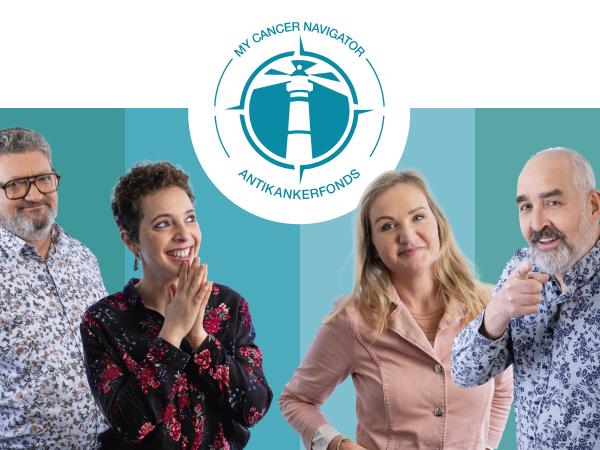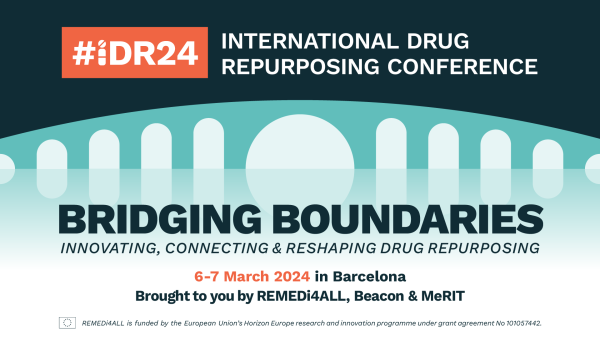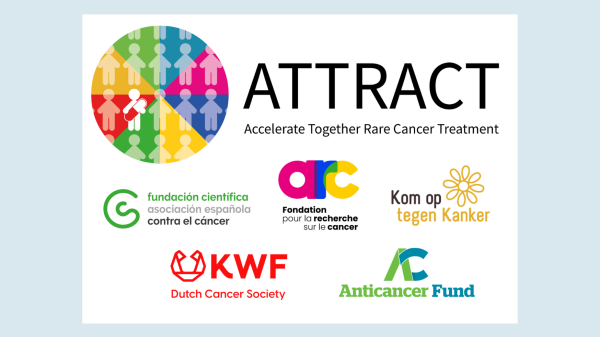Homepage Anticancer Fund
Changemakers on a mission
The Anticancer Fund fills in the blank spaces in cancer research, to deliver more and better treatments.
We offer personalised information about cancer treatments.
Be part of our mission.
Consider your donation not just a contribution, but an investment.

Our focus
Clinical Research
We make it happen
More can be done if financial returns are not the strategy when searching for new cures, but what patients need instead. Our research aims for treatments that significantly increase the survival and/or improve the quality of life of cancer patients.
Patient Support
We are here for you
Every patient has the right to get clear answers. We offer evidence-based information about your cancer and treatment, for free. Please reach out to our personalised service
My Cancer Navigator.
At a glance
29 ongoing clinical trials
1,6 million euros invested in research (in 2023)
1.466 patients supported (last 5 years)
90 scientific publications
Imagine that you are faced with cancer...
A cancer diagnosis turns your world, and that of your loved ones, upside down. Medical terms overwhelms you, and making decisions can be daunting. My Cancer Navigator provides free clear answers and guides you through treatment.
Join the crowdfunding and help us be a compass when cancer makes everything difficult.
Thanks to your support, we can continue to offer and expand My Cancer Navigator, so that we reach more people in need of reliable information about cancer.









